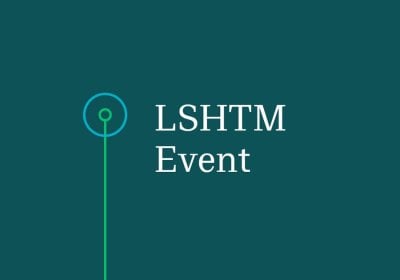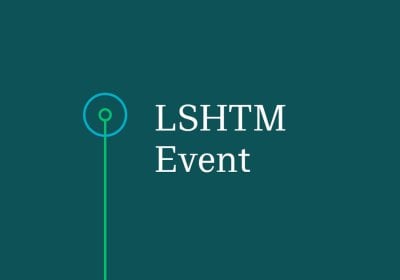Nicorette gum advertisements from the 1980s to 2000s in Britain
Fabiola Creed will present new research on the history of chewing gum as a health product, particularly exploring nicotine gum through the lens of health consumerism and gender.

In Britain, gum has had a controversial cultural and medical history since World War Two. Teenagers, children and young women chewed gum to perform an attitude of indifference and to disobey authorities, emulating American film icons. In educational settings, for example, students chewed gum to discreetly rebel against teachers and parents. This act of chewing gum was often feminised and sexualised. Yet, gum was also medicalised throughout the late twentieth century. Penicillin gums were introduced in the 1940s but discontinued in the 1950s. And by the 1970s, a watershed of medical studies endorsed the theory that sugar-free gum reduced tooth decay, prevented ear infections, and reduced heartburn.
During the 1980s, Nicorette (nicotine) gum was increasingly becoming an accepted harm reductive method to stop cigarette smoking. Nicorette was sold at pharmacies and endorsed by many medical experts in Britain. As Virginia Berridge has argued, medical authorities changed their attitudes on Nicorette between the 1980s to 1990s, in part due to new views (and expectations) of public health. Building on this work, this paper will explore the changing target consumers of nicotine gum from the 1980s to 2000s, using Nicorette magazine, newspapers and television advertisements. In turn, this will reflect broader cultural tensions regarding men’s and women’s everyday consumption, particularly those related to visual appearances, weight loss, and addiction.
Speaker
Dr Fabiola Creed is a Research Associate at the Centre for the Social History of Health and Healthcare (CSHHH), University of Strathclyde. She is currently converting her PhD thesis into a monograph, provisionally titled The Rise and Fall of the Sunbed: Tanning Culture from Fad to Fear. More broadly, Fabiola is a historian of beauty, health and fitness culture in twentieth-century Britain.
Please note that the time listed is Greenwich Mean Time (GMT)
Admission
Contact



